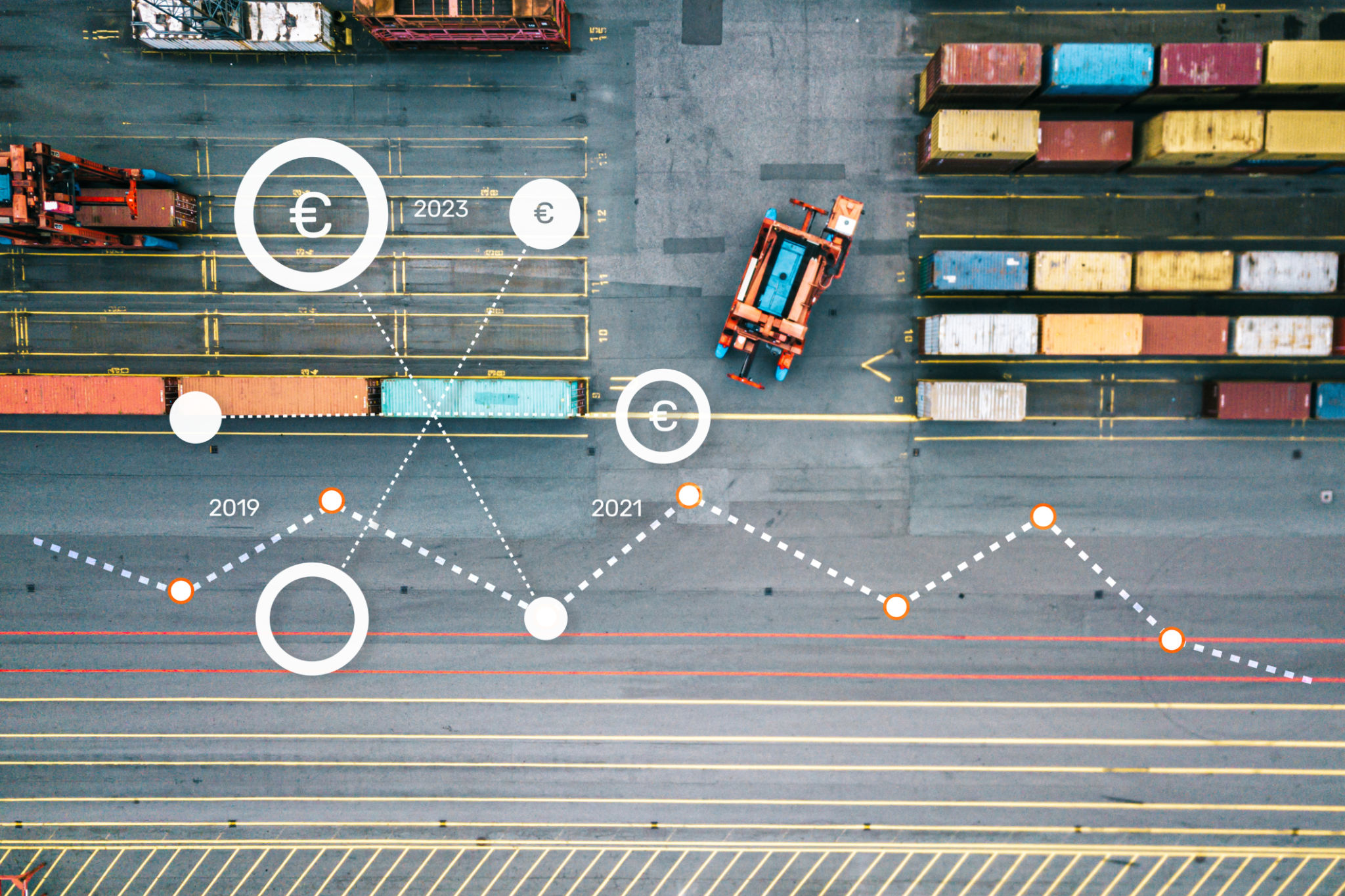Expert Tips for Reducing Transportation Costs in the New England Region
Optimize Route Planning
One of the most effective ways to reduce transportation costs is to optimize your route planning. Utilize advanced route planning software that factors in real-time traffic data, weather conditions, and road closures. By selecting the most efficient routes, you can significantly cut down on fuel consumption and time spent on the road. Additionally, consider consolidating deliveries and pickups to maximize route efficiency.

Leverage Technology for Fleet Management
Incorporating technology into your fleet management can lead to substantial cost savings. GPS tracking systems, for instance, provide valuable data on vehicle location, speed, and idle time. This information helps identify areas where improvements can be made to reduce fuel use and wear and tear on vehicles. Implementing telematics can also enhance driver behavior by monitoring speed and braking patterns, leading to safer and more efficient driving.
Regular Vehicle Maintenance
Keeping your vehicles in top condition is crucial for reducing transportation costs. Regular maintenance checks ensure that all parts are functioning efficiently, leading to better fuel economy and fewer costly repairs down the line. Create a maintenance schedule that covers essential tasks such as oil changes, tire rotations, and brake inspections. A well-maintained fleet not only operates more efficiently but also has a longer lifespan.

Fuel Efficiency Practices
Improving fuel efficiency is a key aspect of reducing transportation costs. Encourage drivers to adopt fuel-efficient driving habits such as maintaining a steady speed, avoiding rapid acceleration, and reducing idling time. Consider investing in fuel-efficient vehicles or retrofitting existing ones with aerodynamic enhancements. Additionally, using high-quality lubricants and keeping tires properly inflated can contribute to better fuel mileage.
Negotiate with Suppliers
Don't overlook the potential savings that can be achieved by negotiating with suppliers. Whether it's for fuel, parts, or services, establishing long-term relationships with suppliers can lead to better pricing agreements. Explore bulk purchasing options or loyalty discounts to further lower costs. Regularly review contracts and seek out competitive quotes to ensure you are getting the best deal possible.

Invest in Driver Training
Driver training programs are instrumental in reducing transportation costs. Educate your drivers on the importance of efficient driving techniques and how they impact overall expenses. Training sessions should cover topics such as defensive driving, route optimization, and vehicle maintenance awareness. A well-trained driver can significantly enhance operational efficiency and reduce the likelihood of costly accidents.
Utilize Data Analytics
Data analytics plays a crucial role in identifying cost-saving opportunities within your transportation operations. By analyzing data collected from various sources like GPS systems and fuel cards, you can gain insights into areas where expenses can be cut. Use this data to develop strategies that address inefficiencies and implement corrective measures promptly. Regularly reviewing analytics ensures that your cost-reduction efforts are continually optimized.

Consider Collaborative Shipping
Collaborative shipping involves partnering with other businesses to share transportation resources. This approach can lead to significant cost reductions by filling empty truck space and splitting shipping expenses. Look for companies with similar shipping routes or destinations and explore potential collaborations. By working together, businesses can achieve economies of scale, reducing individual transportation costs substantially.
By implementing these expert tips, businesses in the New England region can effectively reduce their transportation costs while maintaining efficient operations. Embracing technology, optimizing routes, and focusing on vehicle and driver performance are crucial steps in achieving cost savings. Regularly reassessing strategies and staying informed about new opportunities will ensure ongoing success in managing transportation expenses.